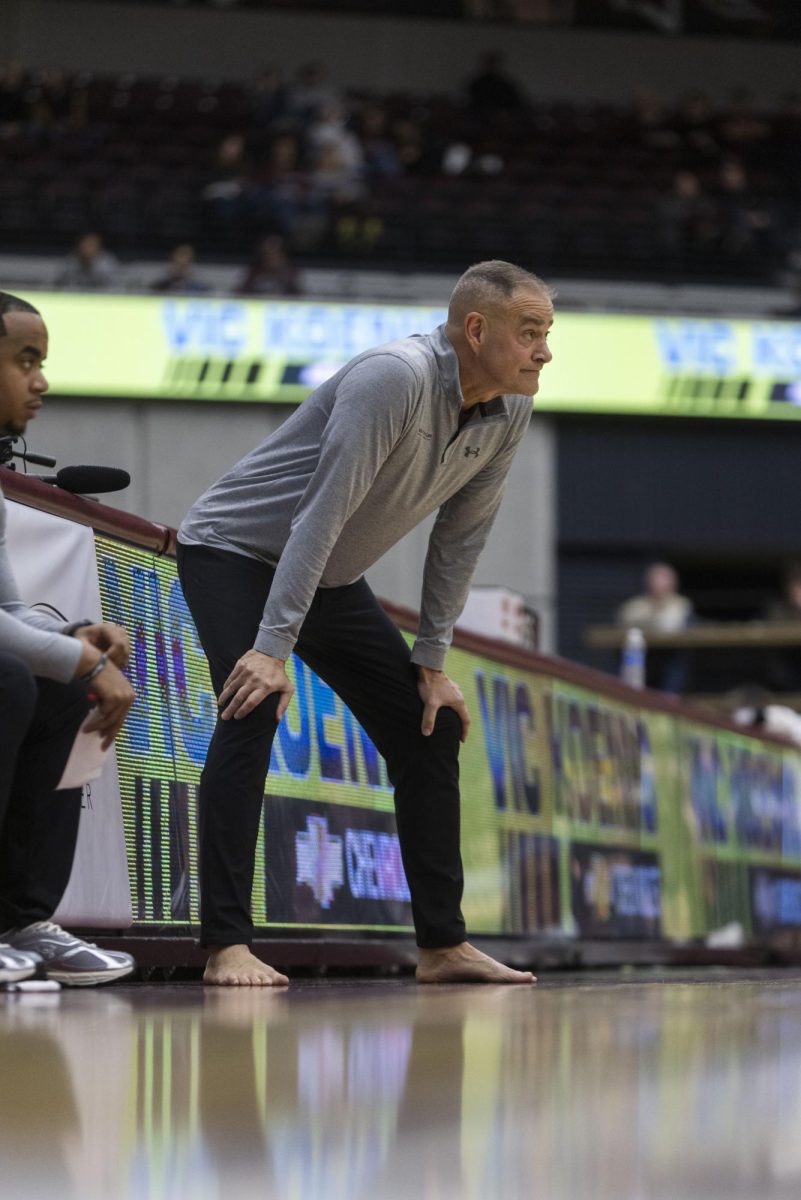SIU rewards 20 REACH grants each year. Here are two of the most fascinating projects
May 2, 2016
As the semester is coming to a close, two SIU students are wrapping up their yearlong research projects while preparing for graduation.
Bradley Henning, a senior from Hanover Park studying exercise science, and Miranda Gibson, a senior from Centralia studying psychology and paralegal studies, were two of 20 REACH grant award winners for the 2015-2016 academic year. The REACH program offers 20 grant awards a year to full-time undergraduate students to complete independent research with a faculty member.
“The challenge in completing undergraduate research is just learning how to break up a yearlong project, setting your own deadlines as well as having self discipline,” Gibson said. “You have to learn how to organize your time and not put everything off at the last minute.”
Advertisement
Video games and body control
Henning’s research was focused on video games and motor behavior. His study set out to prove whether playing video games could change motor behavior characteristics such as memory, reaction time and fine motor skills.
A German research video that tested whether ‘video games make you smarter’ inspired his idea. The German study found increases in the part of the brain associated with fine motor skills and reaction time. That study took 60 days to complete, while Henning had three days.
“The benefits of this research will go toward the communities affected with neuro-degenerative diseases and it will also benefit the medical community in general where they could use this as a therapy,” Henning said.
Subjects in Henning’s experiment were split into two groups. People who played the video game would play for one hour for two days and for 15 minutes the third day. The control group would come in and rather than playing the video games, these students did motor skill tests for the three days.
“It was a very long process,”Henning said. “The fall semester was spent fine-tuning the study, making sure everything works correctly and figuring out how long we need the people to play the game. From there we tested a few people, trying to get the experimental methods right. This spring semester was dedicated to actually collecting data and have people in here playing the video games or not.”
The results of Henning’s study were inconclusive.
Advertisement*
“In the end we didn’t have them playing the game long enough,” he said. “Working with students, we didn’t have that much time because three hours is pushing it for them.”
Henning said he thinks someone else will finish his work after he graduates later this month.
Sleepy students and daytime dysfunction
Gibson’s research examined the effects of poor sleep on cognitive and emotional responses of college students.
She compared 25 students’ sleeping quality and how sleepy they felt throughout the day to their mood and ability to function. These tests were taken by the subjects at the beginning and end of the study to compare differences.
Gibson’s results found that students’ sleep quality decreased from the beginning to the end of the semester. Students who struggle with poor sleep are more likely to struggle with depression, high stress and other negative affects.
After graduation, Gibson plans on continuing her education at SIU for her graduate studies. She has a graduate assistant position with the criminology department and will be doing research within the department.
“I really want to work in corrections, and work with offenders, especially the mental health populations within prisons and mental institutions,” Gibson said. “I want to work in programs that will help rehabilitate them and help them get the help they need.”
Henning is waiting to hear back from three graduate schools for a doctorate program in physical therapy. He has plans to work full-time at a physical therapy clinic as a rehabilitation aid.
The $1,500 they received funded their research and the equipment needed to complete the study. They were also awarded a paid undergraduate assistant position.
Henning and Gibson are set to graduate in May.
The REACH award winners for 2016-2017 academic year have been chosen. To find out more information about the REACH program or the current winners of the grant, visit www.reach.siu.edu.
“There were very stressful times and, sometimes, I just want to be done with it, but it’s so worth it in the end,” Gibson said. “It looks good on your resume and being able to say ‘I designed a project, I planned a budget and proposal and I stuck to it. I can handle this yearlong project as an undergraduate.'”
Brey Mong-Delane can be reached at [email protected] or 618-536-3325.
Advertisement








